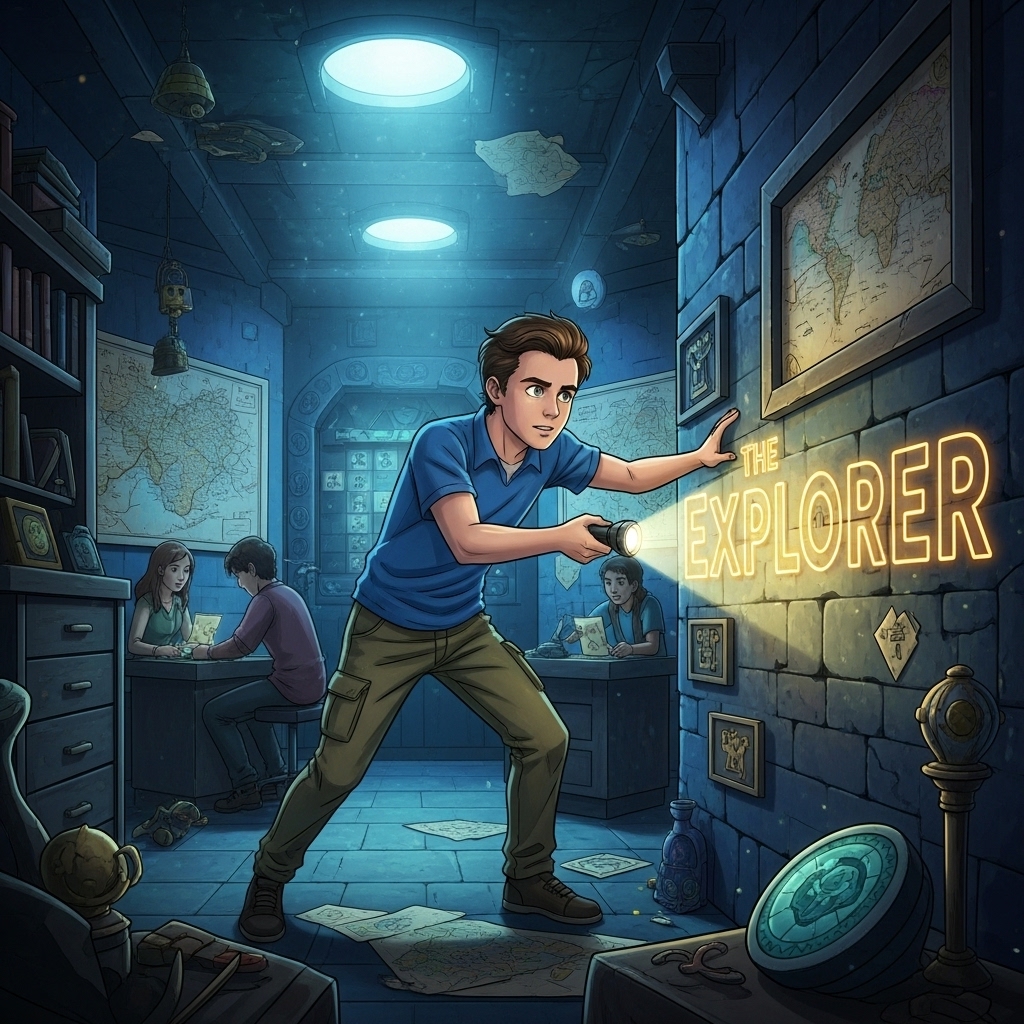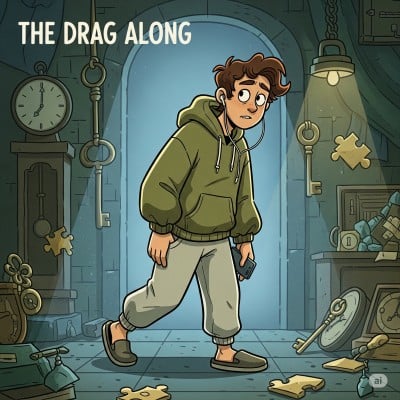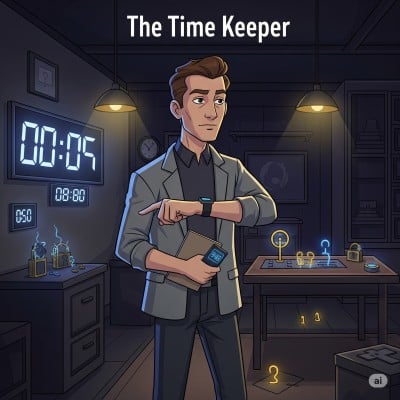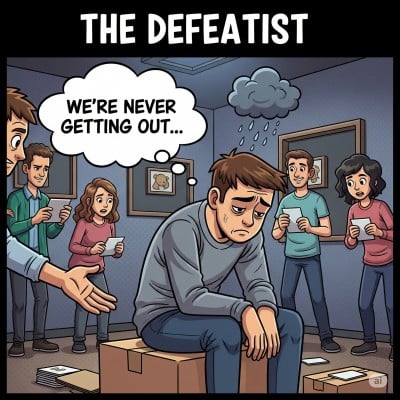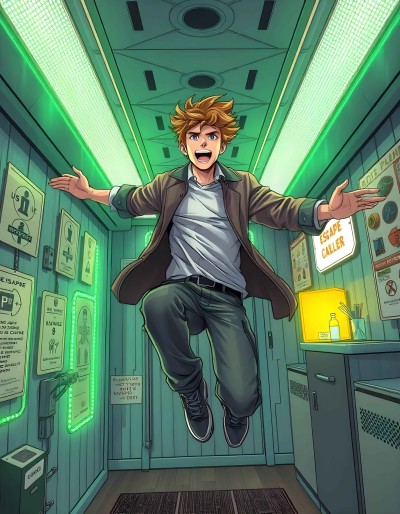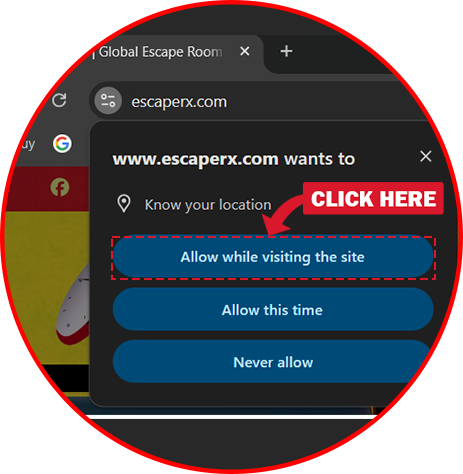Escape rooms are designed as worlds of mystery, filled with hidden objects, secret compartments, and clues that can only be uncovered by those willing to dig deeper 🎯. While logic, persistence, and strategy all play critical roles in solving puzzles, none of these strengths matter if the clues themselves are never discovered in the first place 🧭 🌟. This is where the Explorer the Adventurous Investigator proves indispensable. With boundless curiosity, energy, and an insatiable drive to uncover what lies hidden, the Explorer ensures that the team has the raw material it needs to succeed ⚡.
At the heart of the Explorer persona is a love for discovery. Where others may focus narrowly on solving puzzles already in hand, the Explorer thrives on searching every corner of the room 💡 🧠, testing every lock, and examining every detail. Their natural instinct is to ask: What haven’t we found yet? What’s still hidden from view? This mindset transforms the escape room from a static environment into a dynamic playground of possibilities. Without the Explorer, vital clues risk remaining unnoticed, tucked away in obscure places or overlooked amidst the rush 🗄 ️ 🔐. With the Explorer, however, the team is constantly fed with new insights and objects that propel progress forward 🌌.
The Explorer’s contributions go beyond simple searching; they embody persistence and creativity in investigation 🧗♂ ️ 🎨. Escape room designers often place clues in unexpected locations or disguise them within everyday objects. The Explorer’s relentless curiosity ensures that these secrets do not remain buried. They are the ones opening drawers that others ignored, flipping over objects to check the undersides, or testing out unusual ideas such as examining shadows, sounds 🖼 ️, or physical interactions with the room itself. This tireless approach minimizes oversights and maximizes opportunities, greatly increasing the team’s chances of piecing together the full puzzle 🔦 🔊.
Equally important, the Explorer provides energy and momentum. Their enthusiasm for searching is contagious, inspiring the rest of the team to remain engaged and active. When fatigue or frustration threatens to slow progress, the Explorer’s excitement for discovery reinvigorates the group. Each new find no matter how small becomes a spark of motivation, reminding everyone that progress is possible and that the solution is always one step closer. This energy keeps the team moving forward, preventing stagnation and ensuring that time is used productively.
The Explorer also plays a vital role in team dynamics by serving as the bridge between discovery and problem-solving ⚡. While they may not always be the one to solve the puzzles, their constant uncovering of clues provides the raw material that others the Thinker, the Challenger, the Creative can then analyze, question, or innovate upon ⏳. In this way, the Explorer acts as the team’s eyes and hands, gathering the resources needed for intellectual breakthroughs. Their discoveries fuel the strategies 🤝 🔥, logic, and creativity of the other personas, ensuring that the entire team can function at its best.
Another defining trait of the Explorer is their ability to encourage exploration in others 🤝. By modeling curiosity and openness, they remind the team not to settle for the obvious or the surface-level. Their adventurous spirit pushes the group to go beyond comfort zones, try unconventional ideas, and engage with the room in new ways. This collective exploration often leads to surprising insights that might otherwise have been missed ❓. In essence, the Explorer not only contributes through their own discoveries but also by fostering a culture of curiosity and thoroughness within the team 💬 🚀.
It is important to recognize that while the Explorer may not always shine in moments of logical deduction or final breakthroughs 🌍, their role is no less essential. Escape rooms are holistic challenges where success depends on the integration of many contributions 🧠 🔄. A brilliant solution is meaningless without the clues that make it possible. The Explorer ensures that the team always has those clues, preventing dead ends and keeping possibilities open. Their work may sometimes go unnoticed in the thrill of solving puzzles, but without their investigative drive, the path to victory would likely remain blocked ✨ 🕵 ️♀ ️.

